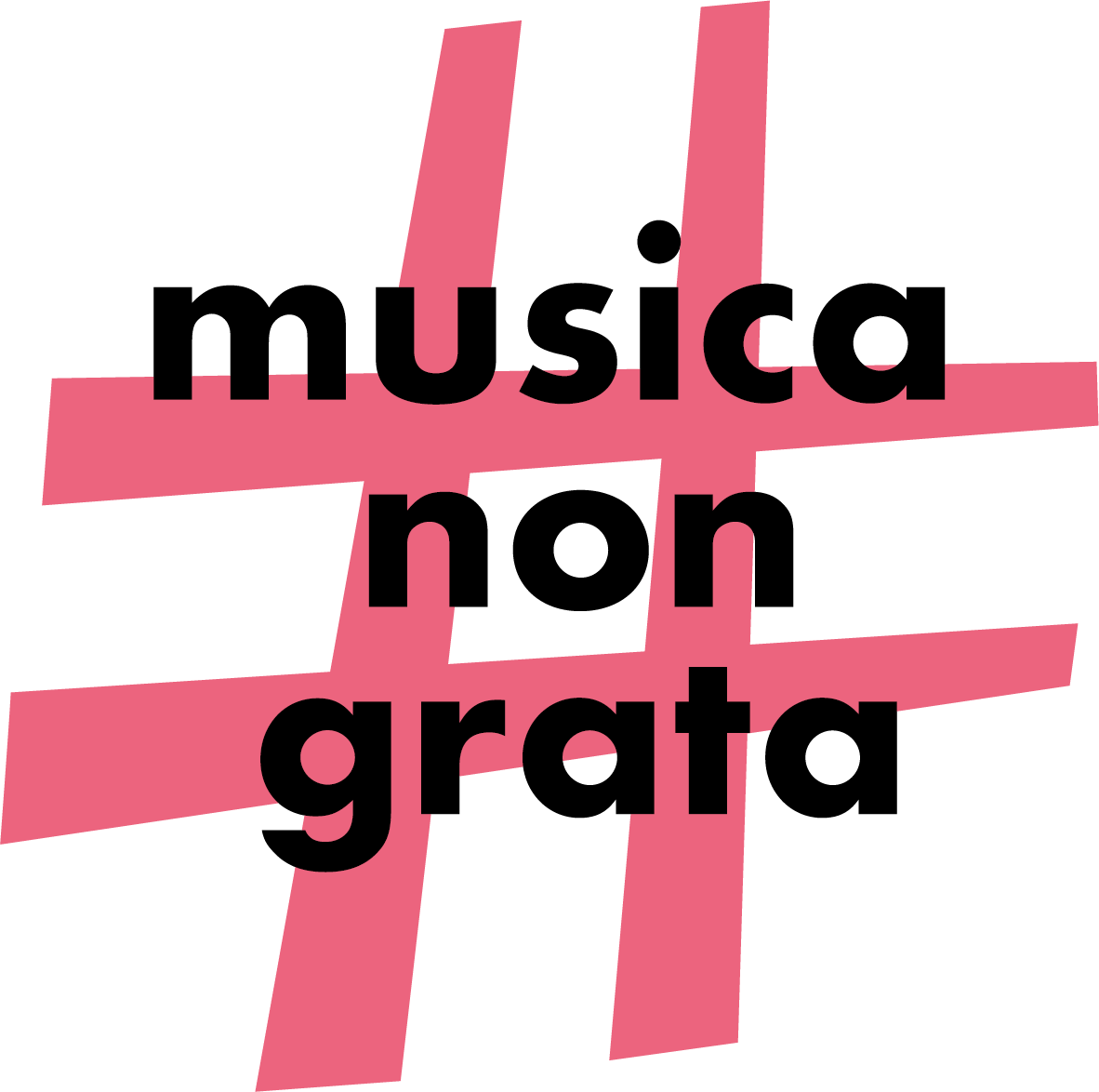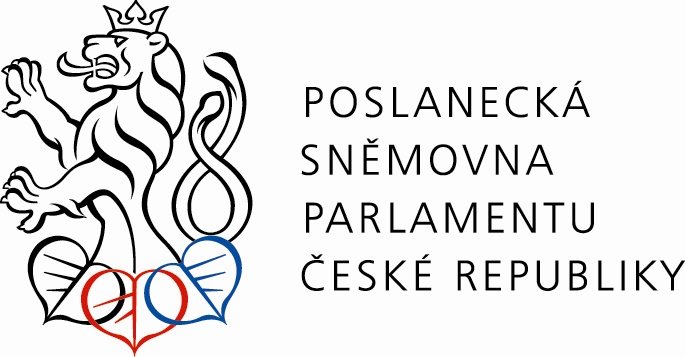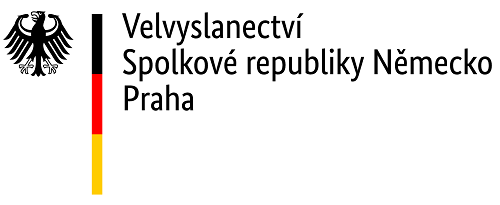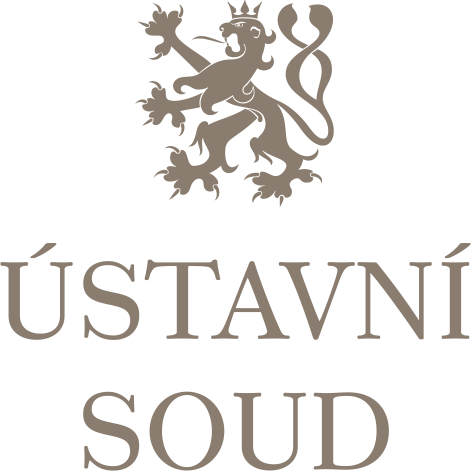Hoúe IV. – 21. 3. 2023, 19.30
Vzlet, Great Hall
Terne Čhave - music of the forgotten holocaust
It was not only the work of Jewish authors that was performed in the concentration camps.
Eternal Hope would also like to draw attention this year to the so-called "forgotten Holocaust", i.e., the persecution and liquidation of the Roma. The Romani Holocaust is referred to by the term porajmos, literally "destruction" in some dialects of Romani. There were several concentration, labour and concentration camps for Roma on Czech territory alone, the most famous being Lety, or the camp in Hodonín u Kunštátu, four camps in the Liberec region, others in Prague - Ruzyně, Brno, Pardubice, Olšovec... Although Roma music undoubtedly sounded in the camps, it was not recorded except in the memories of the survivors, the song replacing written history. Memories of songs with violins, Roma camp bands or forced involvement in cabaret performances are documented.
"Suddenly, the sound of a gypsy violin came from one of the houses, distant as if from happier times and landscapes - melodies from the Hungarian steppes, melodies from Vienna and Budapest, songs from home," recalls historian Eugen Kogon.
In cooperation with the Terne Čhave group, a group of songs that were written in the concentration camps or are related to the Romani Holocaust was created directly for Eternal Hope. However, we will also present a few songs directly from the band's repertoire.
Aušvicate hi kher báro (In Auschwitz there is a big house) is the most famous song related to the Porajmos. It has been preserved according to the testimony of several survivors, especially Růžena Danielová from Mutěnice in South Moravia, who was deported with her family to the so-called Gypsy camp in Auschwitz-Birkenau in 1943. Thanks to her rendition of the song, the ethnomusicologist Dušan Holý analysed Aušvicate hi kher báro, which he and the historian Ctibor Nečas presented in the book Grieving Song. Daniel herself lost her husband and five children in Auschwitz.
Terne Čhave represent a unique phenomenon on the Czech and European music scene. They are one of the longest running and most successful Czech Roma bands. In addition to performing on domestic - even the biggest - festival stages, they have also toured much of Europe, from Poland, Slovakia and Hungary to Italy, Spain, France, Benelux, Germany, England and Scotland. Since their beginnings in the 1980s, they have stuck to their Romani roots, not content with endless variations on classic Romani folklore, but embarking on a unique journey into different musical areas. Their development thus ranges from folk to world music to rock 'n' roll, their repertoire consists mainly of original works, for which they have won the prestigious Anděl Music Award. The energy of their playing is legendary, their Romani-ness is reflected in their distinctive melodies and especially in their Romani lyrics, in which they sing about the place of today's Roma in an ever-changing world.











